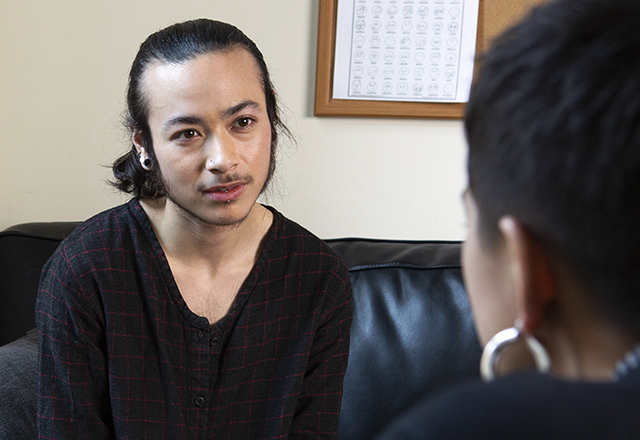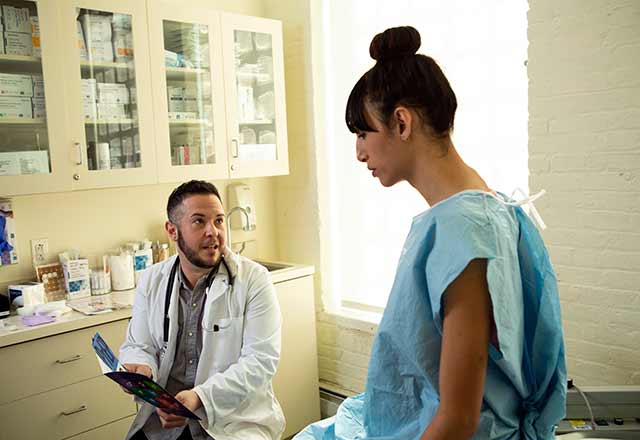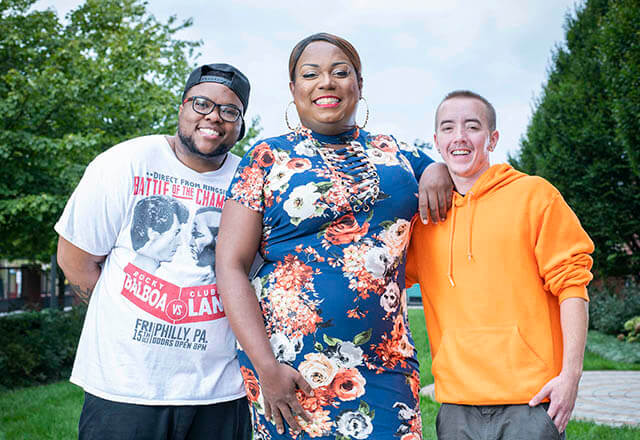The comprehensive services offered through the Center for Transgender and Gender Diverse Health include connecting transgender patients with primary care providers across Johns Hopkins Medicine who are trans affirming. These providers can manage a patient’s general health care needs as well as specific transgender-health-related needs such as initiating and managing hormone therapy in most cases. Our primary care team members are vital partners in providing holistic care that leverages the resources of our academic medical health care system.
Our Experts
 Zackary Dov Berger, M.D., Ph.D.
Zackary Dov Berger, M.D., Ph.D.
Associate Editor, Johns Hopkins Physician Education and Assessment Center
Associate Professor of Medicine
 Alia Rehwinkel Bodnar, M.D.
Alia Rehwinkel Bodnar, M.D.
Assistant Professor of Medicine
 Helene Frances Hedian, M.D.
Helene Frances Hedian, M.D.
Director of Clinical Education, Center for Transgender and Gender Expansive Health
Assistant Professor of Medicine
 Stephanie Kim Nothelle, M.D.
Stephanie Kim Nothelle, M.D.
Assistant Professor of Medicine
 Jill Crank, C.R.N.P.
Jill Crank, C.R.N.P.
Primary location: JHCP Remington
 Raina Crawford, C.R.N.P.
Raina Crawford, C.R.N.P.
Primary location: JHCP Remington
 Melody Nangle, C.R.N.P.
Melody Nangle, C.R.N.P.
Primary location: JHCP Direct Primary Care
 Amber Richert, D.N.P., C.R.N.P.
Amber Richert, D.N.P., C.R.N.P.
Primary location: JHCP Baltimore
 Carolyn Le, D.N.P., C.R.N.P.
Carolyn Le, D.N.P., C.R.N.P.
Primary location: JHCP Direct Primary Care
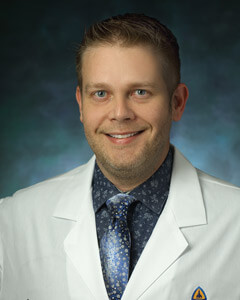 David A. Perez, D.N.P.
David A. Perez, D.N.P.
Primary location: JHCP Downtown Bethesda
 Tyler Cornell, N.P.
Tyler Cornell, N.P.
Primary location: Comprehensive Care Practice at Bayview
 Valerie Brewer, C.R.N.P.
Valerie Brewer, C.R.N.P.
Primary location: Student Health and Well-Being
 Valerie Streeb, C.R.N.P.
Valerie Streeb, C.R.N.P.
Primary location: JHCP Odenton

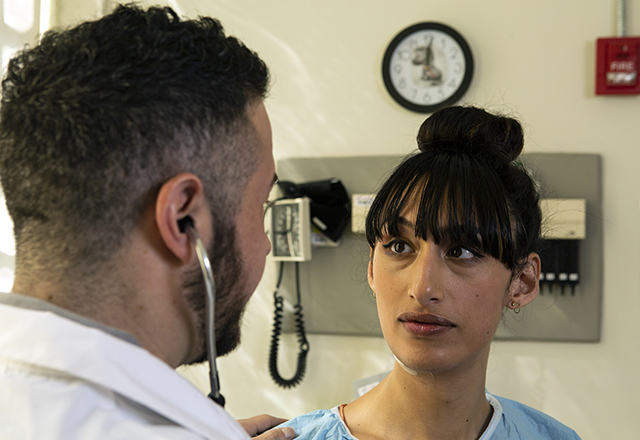
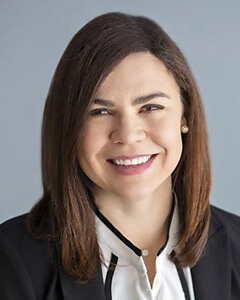
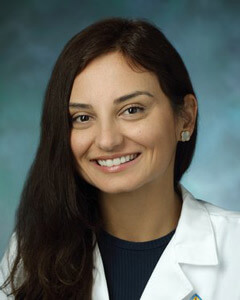
 Fan Liang, M.D.
Fan Liang, M.D. Katherine Elizabeth Cameron, M.D.
Katherine Elizabeth Cameron, M.D. Stephen James Martin, M.D.
Stephen James Martin, M.D. Ophelia Jeanne Langhorne, M.D.
Ophelia Jeanne Langhorne, M.D.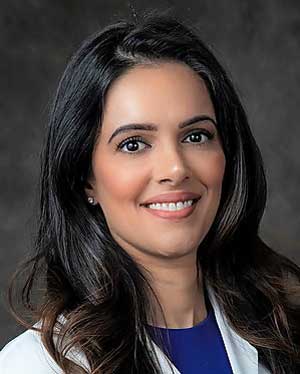
 Jennifer Cox Janus, M.D.
Jennifer Cox Janus, M.D. Rosalie Naglieri, M.D.
Rosalie Naglieri, M.D.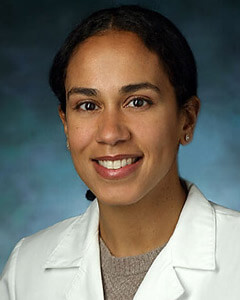 Victoria Vargas, M.D., M.S.
Victoria Vargas, M.D., M.S. Kate Thomas, Ph.D.
Kate Thomas, Ph.D.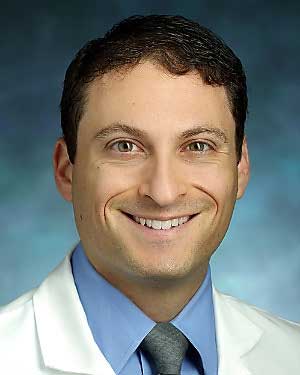 Andrew Jason Cohen, M.D.
Andrew Jason Cohen, M.D. Nora Arnold
Nora Arnold Lindsay Backiev
Lindsay Backiev Janelle Oduro-Adjei
Janelle Oduro-Adjei Lola Oyebefun
Lola Oyebefun Kianna Stiffler
Kianna Stiffler Lauren Trosch
Lauren Trosch Madeline Urban
Madeline Urban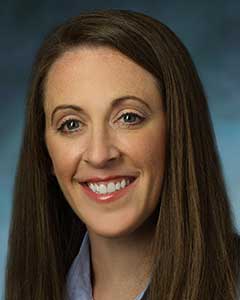 Jennifer Nicholas, OTD, CHT
Jennifer Nicholas, OTD, CHT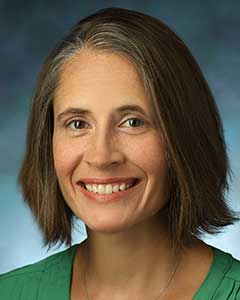 Rachel Pigott OTR/L, CHT
Rachel Pigott OTR/L, CHT Jordan Bradford OTR/L
Jordan Bradford OTR/L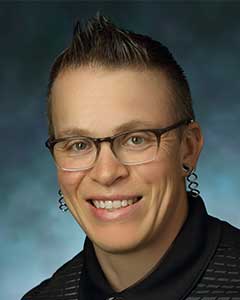 Keelin Godsey, DPT
Keelin Godsey, DPT Amanda Greene, DPT
Amanda Greene, DPT Arthur Louis Burnett, M.D.
Arthur Louis Burnett, M.D. Wendy Chen, M.D.
Wendy Chen, M.D. Lily Mundy, M.D.
Lily Mundy, M.D.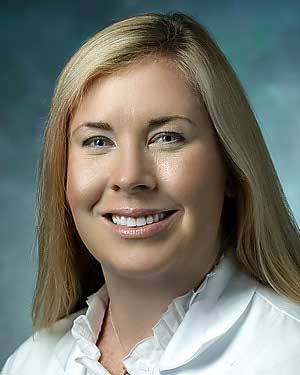 Heather Noelle Di Carlo, M.D.
Heather Noelle Di Carlo, M.D.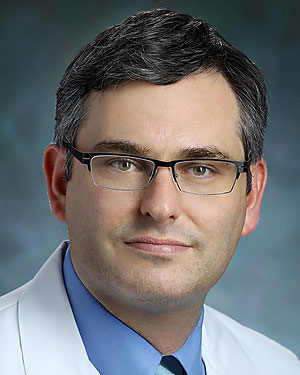 Lee Michael Akst, M.D.
Lee Michael Akst, M.D.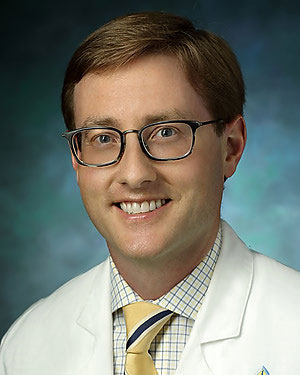 Simon Roderick Alfred Best, M.D.
Simon Roderick Alfred Best, M.D. Ashley Corrinne Davis, M.S.
Ashley Corrinne Davis, M.S. Claire W. Ligon, M.Ed.
Claire W. Ligon, M.Ed. Kristine M. Pietsch, M.A.
Kristine M. Pietsch, M.A.
 Matthew H Taylor, M.D.
Matthew H Taylor, M.D. Colleen Kennedy, C.N.M., D.N.P.
Colleen Kennedy, C.N.M., D.N.P. Mindy Christianson, M.D.
Mindy Christianson, M.D.
